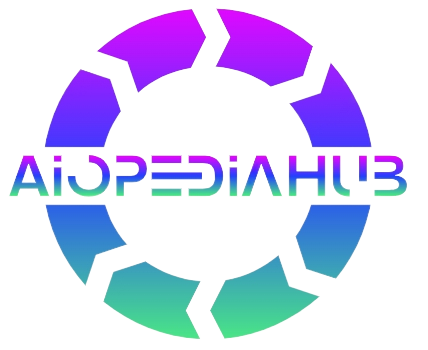Artificial Intelligence (AI) is revolutionizing the field of education, bringing forth a wide range of benefits and transformative possibilities. By leveraging AI technologies, educators and institutions can enhance learning experiences, personalize instruction, and improve educational outcomes. Lessons adapt dynamically, assessments are more precise, and educational resources become more engaging and relevant. AI also promotes inclusive education by addressing diverse learning needs and removing barriers.


1. PERSONALIZED LEARNING: AI creates adaptive learning experiences that respond to each student’s pace, abilities, and engagement. Lessons and exercises adjust dynamically to ensure mastery of concepts. The technology monitors attention and can provide alternative explanations or supplementary resources. This approach motivates learners and helps educators deliver targeted support.
2. ADAPTIVE ASSESSMENT AND FEEDBACK: AI-powered assessments provide real-time, personalized feedback based on performance and learning behaviors. Tests adapt in difficulty and focus on areas needing improvement while reinforcing strengths. AI identifies patterns and suggests targeted practice to build mastery. Educators gain actionable rights to intervene proactively and support student progress.
3. INTELLIGENT CONTENT CREATION AND CURATION: AI helps generate interactive lessons, study materials, and summaries tailored to learners’ needs. It recommends exercises, simulations, and multimedia content aligned with goals and learning styles. The technology curates resourced from diverse libraries to keep content current. Educators can focus on mentoring while AI manages content creation.

4. ENHANCED ADMINISTRATIVE TASKS: AI automates grading, attendance, scheduling, and routine inquiries, reducing workload. Systems optimize staff allocation, monitor engagement, and predict classroom resource needs. Communication between educators, students, and parents is streamlined. This allows educators to focus on teaching and meaningful student interactions.
5. INTELLIGENT DATA ANALYTICS: AI analyzes student performance, engagement, and learning patterns to provide actionable insights. Predictive analytics can flag learners at risk, suggest interventions, and inform curriculum adjustments. Educators can track progress over time and make data-driven decisions to enhance learning outcomes. The technology also identifies trends that help improve teaching strategies and resource allocation. Overall, intelligent data analytics supports continuous improvement and maximizes student success.
In conclusion, AI in education will continue to evolve, creating more adaptive, immersive, and inclusive learning experiences. Emotional AI, AR/VR classrooms, and intelligent mentoring will enhance engagement and personalize learning. Predictive analytics will allow earlier interventions, improving student outcomes and supporting risk learners. Overall, AI promises a more efficient, equitable, and transformative educational landscape worldwide.





